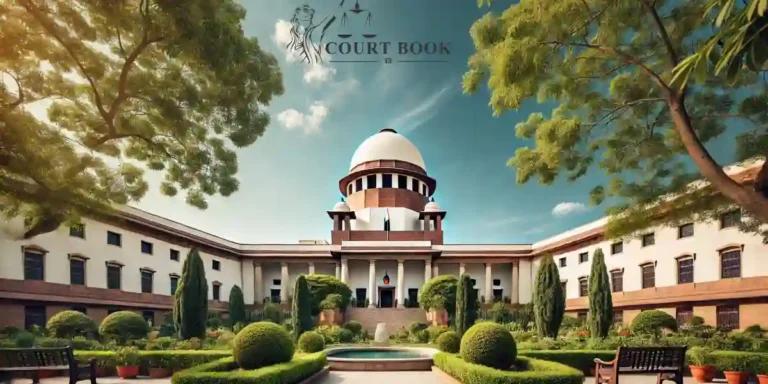The Supreme Court of India has ruled that a retired government employee cannot be denied pension benefits solely due to a 'break in service' if their absence was officially treated as extraordinary leave. This decision offers significant relief to employees who face similar bureaucratic challenges and sets a precedent for fair employment practices.
The case revolved around Jaya Bhattacharya, a retired government employee from West Bengal. She was denied pension benefits on the grounds that her extended absence should be classified as a break in service. However, since her absence had been regularized as extraordinary leave, she challenged the denial in court. After multiple legal battles, the Supreme Court intervened to uphold her rights.
Read Also:- Supreme Court Clarifies Limits of Section 27 of the Evidence Act in Criminal Trials
The bench, consisting of Justices B.R. Gavai and Prashant Kumar Mishra, ruled in her favor. The court emphasized that once an employee’s absence has been regularized as extraordinary leave, it cannot be used as a justification to deny pensionary benefits.
"In our considered view, having once regularized her service during the period of absence by granting extraordinary leave, it cannot be held that the said period can be treated as break in service." - Supreme Court
One of the major issues in the case was the failure of authorities to conduct a departmental inquiry into Bhattacharya’s alleged unauthorized absence. Despite the State Administrative Tribunal's order for such an inquiry, the authorities did not comply.
"The respondents' failure to conduct an inquiry as per the Tribunal’s order cannot shift the burden on the appellant to prove that she was prevented from working. Denial of pensionary benefits to an employee must emanate from any rule enabling the government for such denial." - Supreme Court
Read Also:- Supreme Court Upholds Landlord's Right in Eviction Dispute
The ruling makes it clear that pension benefits cannot be denied arbitrarily. Government authorities must follow due process, ensuring that claims of unauthorized absence are substantiated through proper investigations rather than placing the burden of proof on the employee.
In its final decision, the Supreme Court directed the authorities to process Bhattacharya’s pension within three months, though she was not granted arrears of pension payments.
"In the peculiar facts and circumstances of this case, we are of the considered view that the appellant would be entitled for pension. We, accordingly, direct the respondents/authorities to finalize the appellant's pension within a period of three months." - Supreme Court
This landmark judgment underscores the importance of procedural fairness in employment-related disputes and reinforces the principle that government employees should not be denied rightful benefits due to administrative oversights.
Case Title: JAYA BHATTACHARYA Versus THE STATE OF WEST BENGAL & ORS.















